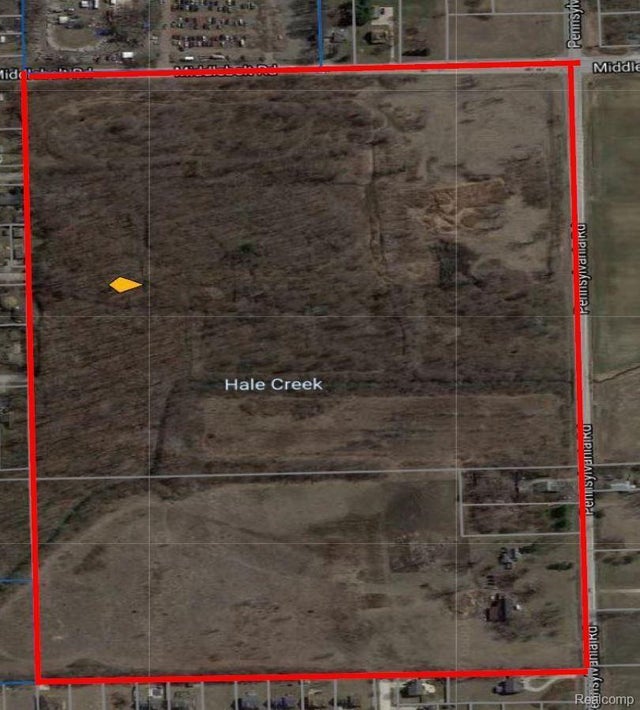Michigan didn’t top this year’s national “best places to live” lists, and that headline stung some locals. But once you look at what the rankings measure, how they weigh each factor, and what they don’t capture, the full picture of life in the Great Lakes State is a lot more nuanced, and in many ways, encouraging.

The headline result, plainly stated
WalletHub’s 2025 “Best States to Live” list places Michigan at No. 30 overall. Michigan scores well on Affordability (No. 12) and Quality of Life (No. 13), with lower marks in Education & Health (No. 33), Safety (No. 33), and Economy (No. 36). Michigan also ranks No. 3 for homeownership rate among its detailed metrics. Within WalletHub’s 12-state Midwest grouping, Michigan sits at the bottom this year, trailing neighbors like Wisconsin (No. 4), Minnesota (No. 5), Iowa (No. 12), Illinois (No. 17), and Ohio (No. 26).
Thinking about relocating, here is our no-fluff guide to moving to Michigan
What the ranking did well
- Clear categories and transparent scoring. The list rolls up 51 data points into five big buckets, which makes it easy to see where a state is strong or needs work.
- Comparable state-by-state snapshots. If you want a quick cross-state comparison that uses the same yardstick, this is a useful reference.
Where the ranking falls short
- Weighting choices shape the outcome. WalletHub’s weights favor some inputs over others. Reasonable people can disagree with how much each factor matters to real, daily life in Michigan communities.
- Economic score ≠ job reality for everyone. State-level economic composites can mask regional strengths like Metro Detroit’s deep advanced-manufacturing and mobility ecosystem, which attract employers even during national slowdowns. CNBC’s 2025 business climate study, for example, ranked Michigan No. 6 overall and No. 4 in Cost of Doing Business, reflecting momentum that a “livability” rollup may not capture.
- Quality-of-life nuances get lost. Time outside, trail access, freshwater coastline, and four-season recreation are huge parts of how Michiganders actually live, yet many indices include these only indirectly.
.png)
Michigan’s strengths, backed by current data
Everyday affordability
Michigan is one of the more affordable states in 2025. MERIC’s Q1 2025 Cost of Living Index places Michigan at No. 8 cheapest with an overall score of 89.8. That supports WalletHub’s high affordability mark.
In housing specifically, Michigan’s July 2025 median sale price was $292,600, far below the U.S. median of $443,462. For families and first-time buyers, that gap is real buying power.
For a deeper look at pricing and inventory in Metro Detroit, read our 2025 housing market outlook
Commute sanity and daily rhythm
Census data show Michigan’s mean one-way commute sits around 24 to 24.4 minutes, while the U.S. 2023 one-year estimate is 26.8 minutes. Shorter drives mean more time for kids’ games, dinner at home, or a sunset walk.
The freshwater advantage you can feel
The Great Lakes hold about 21% of the world’s surface fresh water and 84% of North America’s. Michigan is steward to the nation’s longest freshwater coastline, about 3,288 miles. That’s not trivia. It shapes daily life, from summer beach days to lake-effect snow sports.
Trails, paddling, snow sports, and four-season play
Michigan manages more than 13,000 miles of state-designated trails across non-motorized, ORV, and snowmobile systems. In 2025, the state recognized the Betsie Valley Trail and the Chain of Lakes Water Trail with “Pure Michigan Trail” honors, highlighting top-tier experiences for biking, hiking, and paddling.
Outdoor recreation is not just lifestyle, it’s an economic engine
New federal data show outdoor recreation generated roughly $13.9 billion in Michigan in 2023 and supported about 118,000 jobs, led by boating and fishing. That is quality of life and real jobs in one story.
A business climate that’s trending up
Separate from livability lists, CNBC’s 2025 “Top States for Business” put Michigan at No. 6 overall after a multi-year climb, citing improvements in cost of doing business, workforce, and infrastructure. That is a forward-looking signal for careers and regional investment.
Where Michigan needs to improve
WalletHub’s weaker scores point to very real work on education and health outcomes, public safety, and parts of the state economy. These are multi-year projects that require consistent, local and statewide effort. A rankings table is a snapshot. The path to better outcomes is steady funding, strong local leadership, and accountability.
.png)
What the ranking doesn’t capture, and why it matters for real life
Here are lived-experience factors the list underweights that often tip decisions for families and professionals considering a move:
- Freshwater lifestyle at scale. Year-round access to the Great Lakes plus thousands of inland lakes and rivers is hard to equal. That means beaches, sailing, salmon runs, lighthouse weekends, and lake-effect ski days within a few hours of Metro Detroit.
Planning weekends around the water is easy here, start with our Michigan Lake Towns Travel Guide
- Four seasons of recreation and recover-in-nature time. From metro-area rail-trails and county parks to backpacking the Manistee River Trail or paddling the Chain of Lakes, restoration is close and affordable. The 2025 Pure Michigan Trail designations are only the latest proof of quality investments.
- Community affordability that stretches your dollar. Lower housing costs and reasonable commutes change a family’s weekly rhythms in ways a composite index can’t fully reflect.
- Stewardship in action. The Department of Natural Resources stocked 18.9 million fish through August 2025 to sustain fisheries that residents and visitors enjoy every weekend. It’s a small example of the state treating outdoor life as a shared asset.
Bottom line for movers and locals
- If your priorities lean toward space, water, trails, and budget, Michigan stacks up better than a single rank suggests. The state offers a genuine shot at homeownership, shorter commutes, and weekends that feel a little longer.
- If your priorities are elite school outcomes or specific safety metrics, you’ll want to evaluate communities carefully. Michigan’s averages leave room for improvement, and experiences can vary by city and district. Start with local data, not statewide composites.
How to use rankings wisely
Think of national lists as a starting point, then layer in what matters to your life:
- Neighborhood-level data for schools, crime, and taxes. State averages are too blunt.
- Current housing math for your target area, price, taxes, insurance, and commute.
- Lifestyle fit, trails, lakes, youth sports, arts and food scenes that make your Tuesdays and Saturdays better.
DON'T KEEP US A SECRET - SHARE WITH A FRIEND OR ON SOCIAL MEDIA!
THINKING OF MOVING TO Metro Detroit, OR LOOKING TO RELOCATE IN THE AREA? VIEW A LIST OF CURRENT HOMES FOR SALE BELOW.
Metro Detroit Homes for Sale
The Perna Team and Michael Perna are the best real estate agents in Metro Detroit and Ann Arbor. The Perna Team and Michael Perna have been hired as a real estate agent by hundreds of home owners to sell their homes in Metro Detroit and Ann Arbor.
The Perna Team were steady, responsive, and genuinely supportive from beginning to end. If you're buying or selling a home anywhere in Metro Detroit, Noah is the kind of agent who shows up with professionalism, care, and your best interest at heart.
Posted by Michael Perna on
.15.png)



















































Leave A Comment